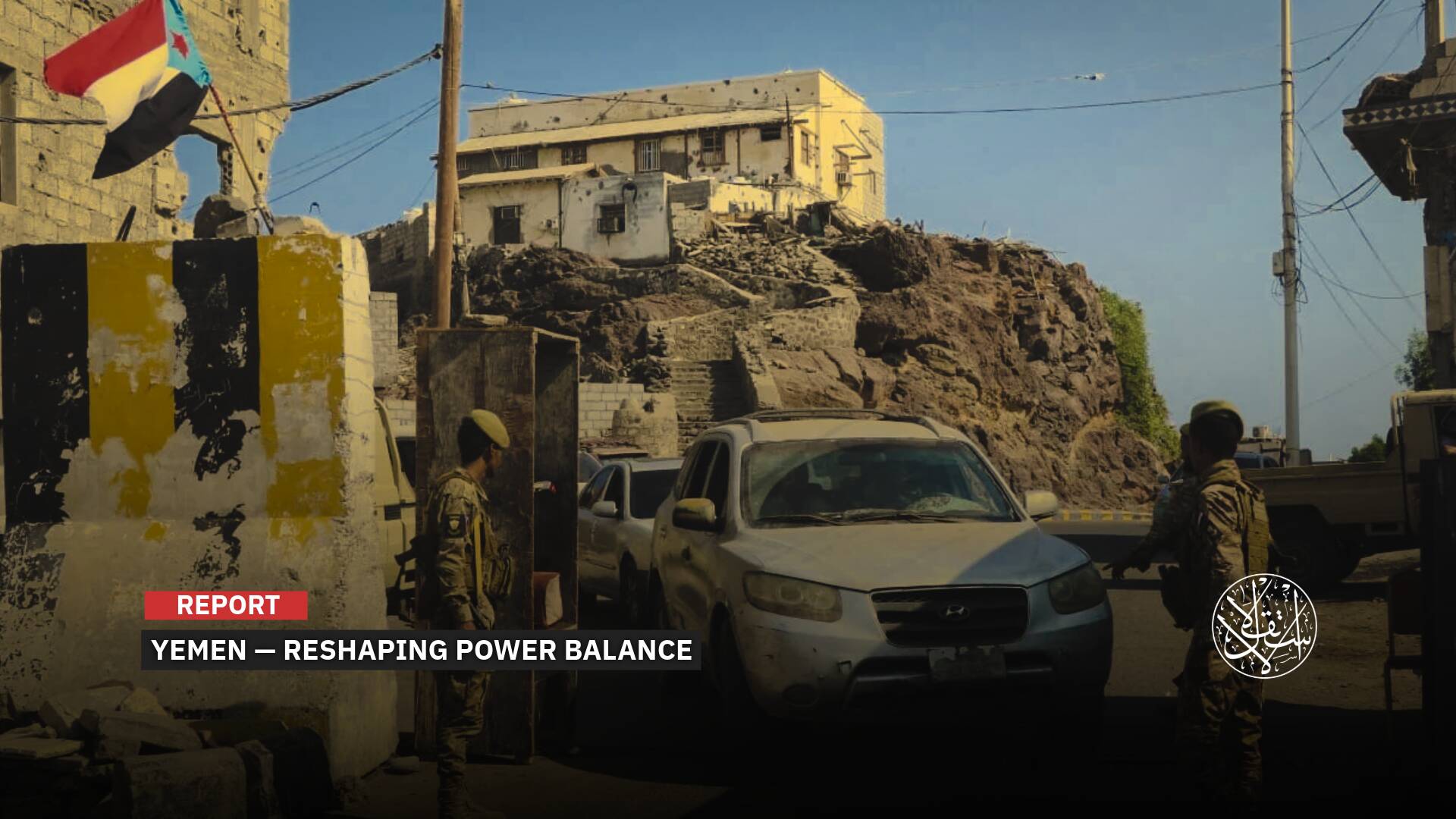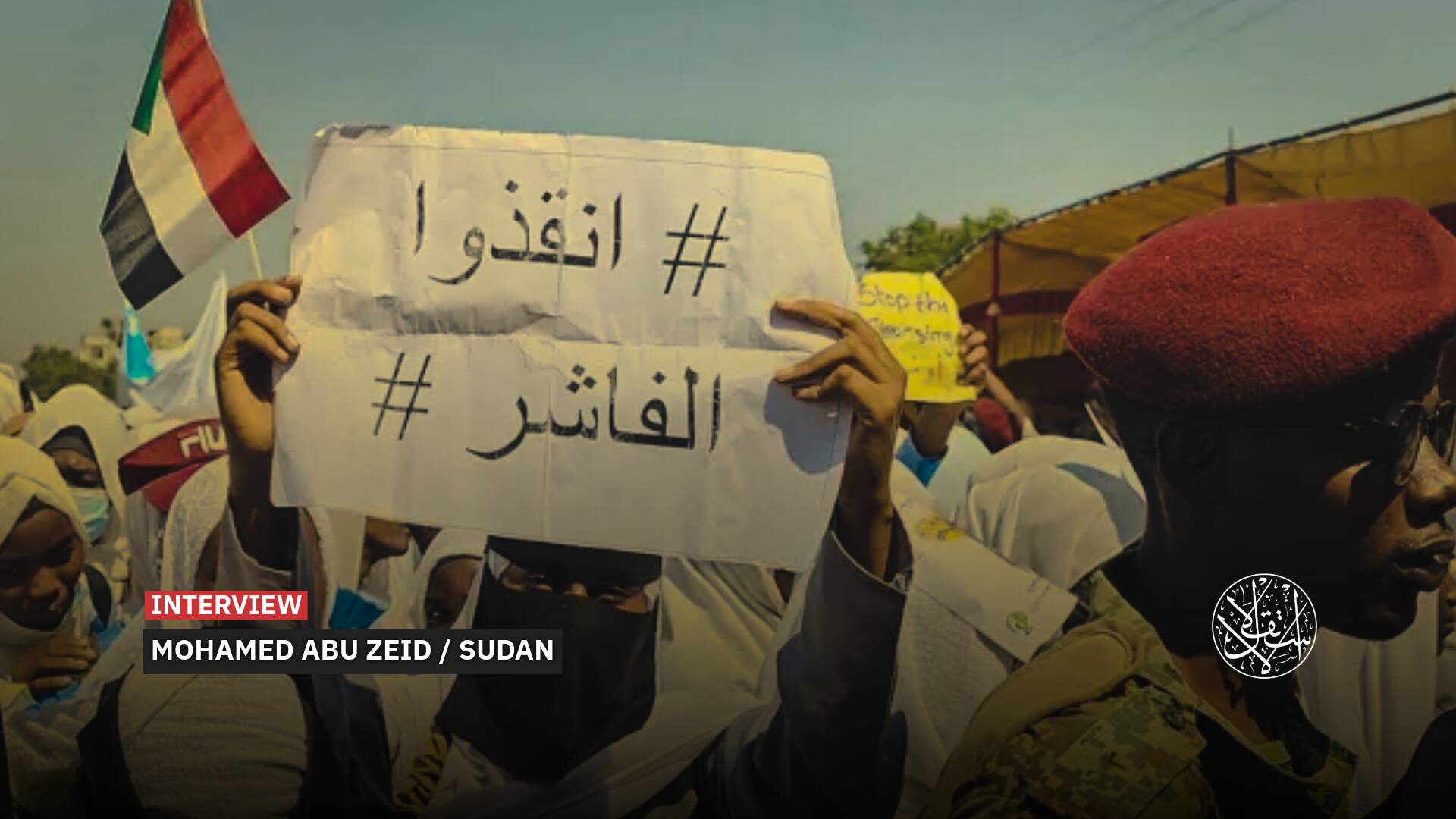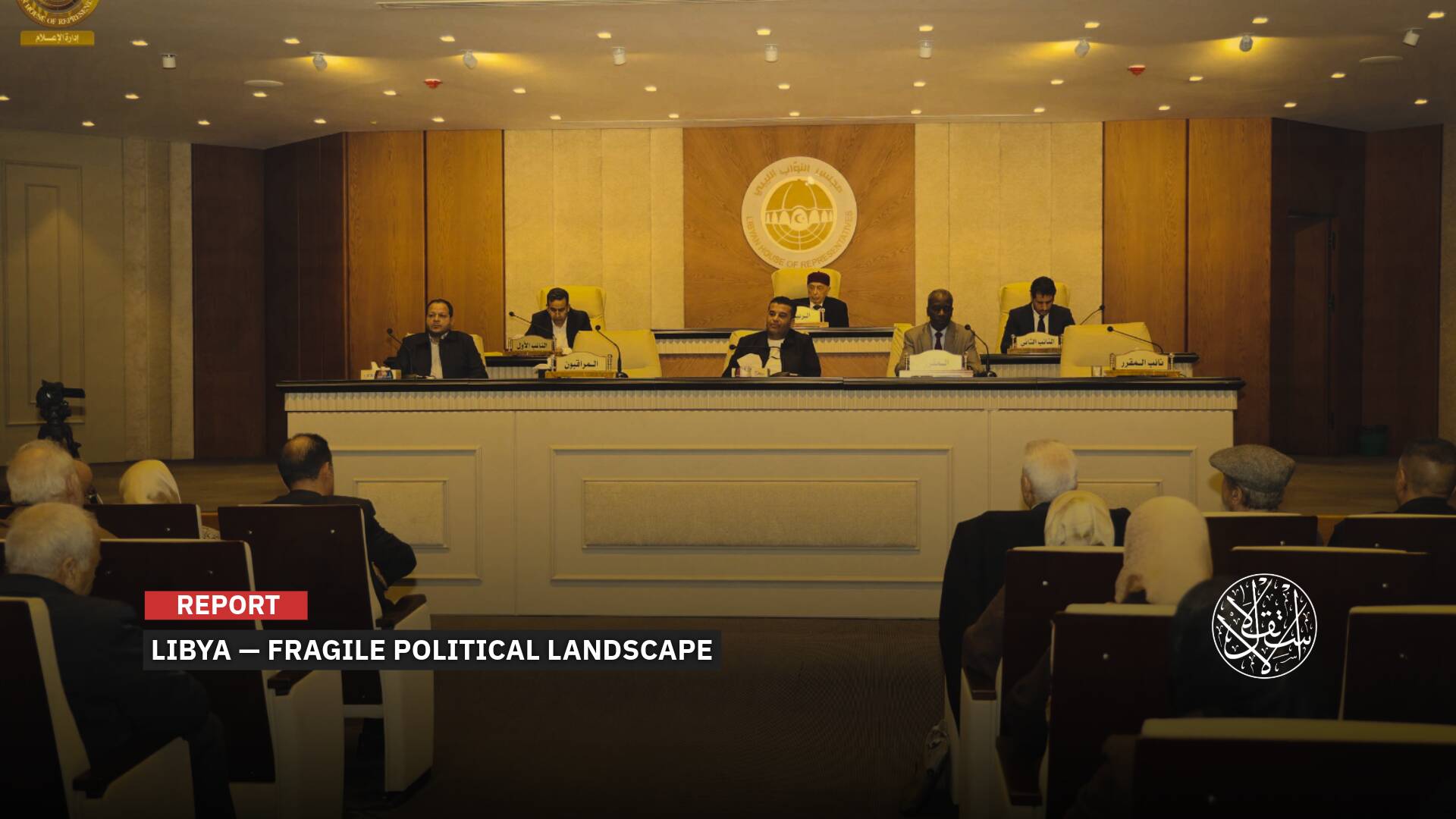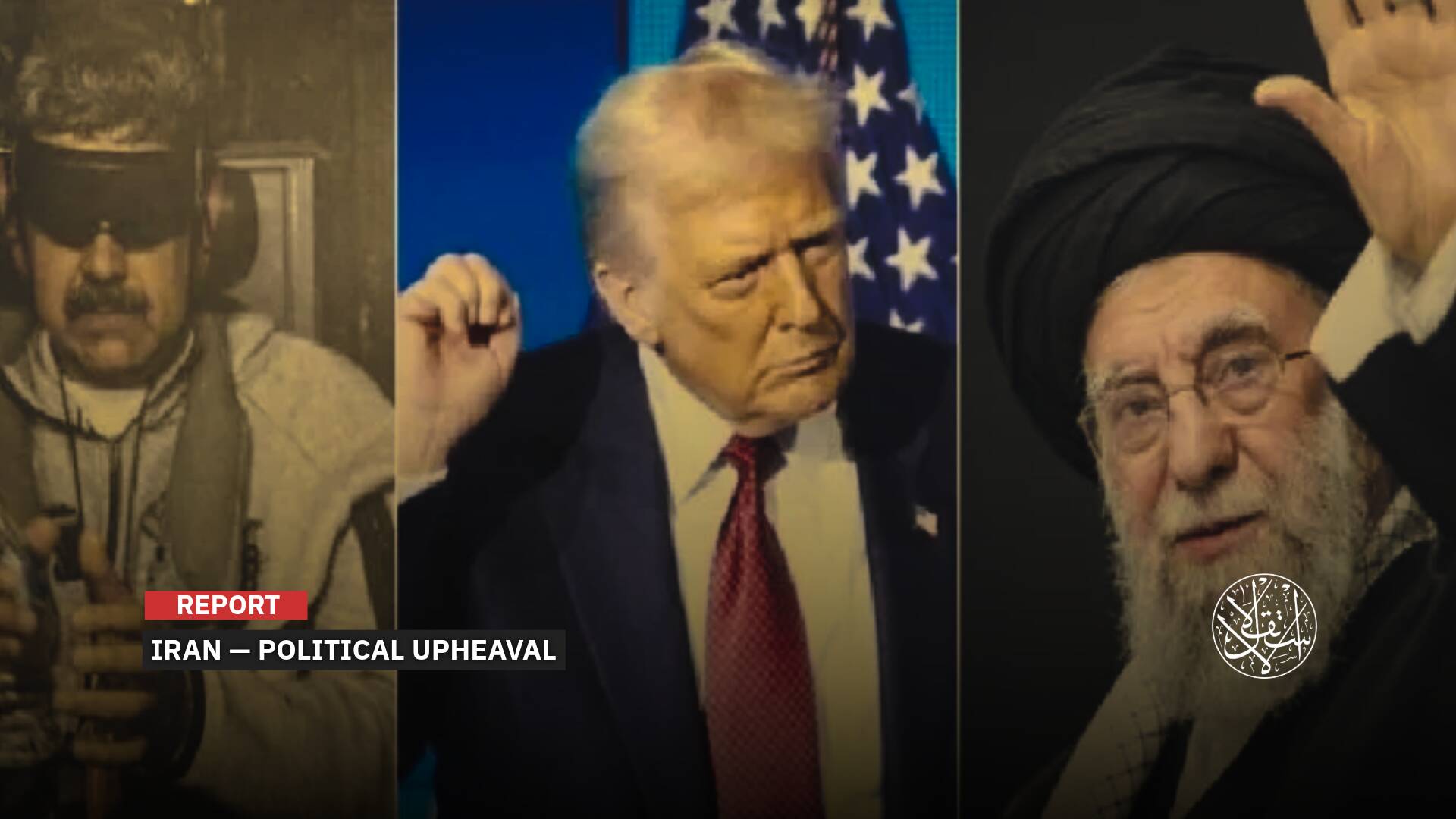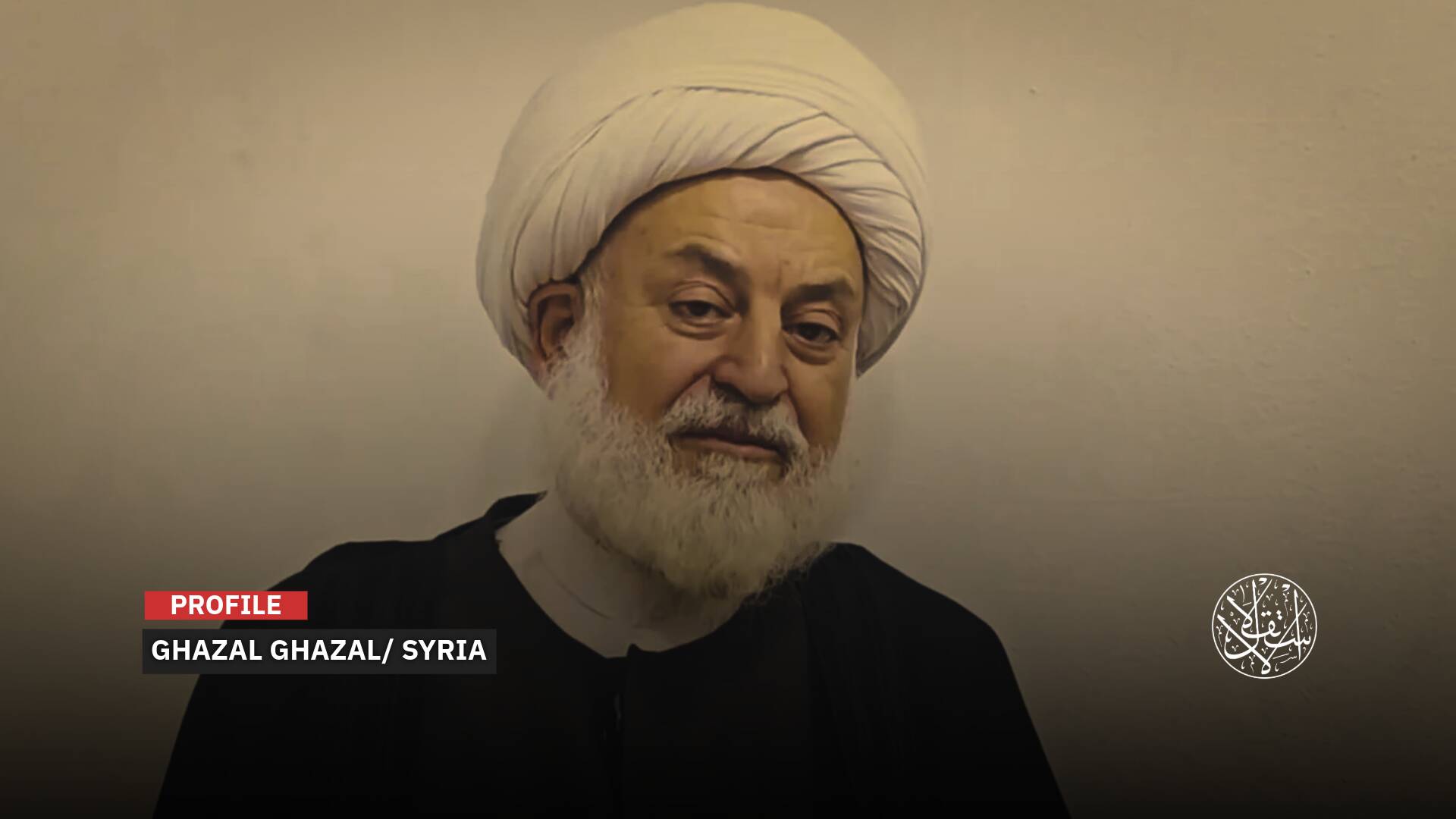Including Political Opponents: Why Did Kuwait Strip Dozens of Citizens of Their Citizenship?

The issue of nationality and naturalization falls under the realm of “sovereign acts” beyond the reach of the judiciary.
Since March 4, 2024, Kuwait has witnessed an unprecedented wave of revoking citizenship from its citizens, sparking unprecedented controversy as it relates to political opposition in the country.
The Kuwaiti local newspaper Al-Qabas clarified that the number of individuals stripped of their citizenship reached 211.
Meanwhile, the local newspaper Al-Rai cited its own sources stating that the High Committee for Citizenship Investigation continues to study files and reports, indicating that the total number of citizenship revocation cases during the coming period is expected to exceed one thousand individuals.
The Kuwaiti Ministry of Interior announced on March 16 the establishment of a hotline for reporting what it termed "crimes related to Kuwaiti citizenship and passports," which opponents describe as falling under the colloquial Kuwaiti saying "every citizen is a guard."
This move has set a precedent that has opened up a political debate surrounding the naturalization file in Kuwait, especially as the Gulf state has a contentious history of punishing political opponents by revoking their citizenships and that of their families.
The recent government decisions have raised questions about the reasons for opening this sensitive file at this particular time, and about its implications and its compatibility with human rights, and the right of citizens to hold onto their identity and not be stripped of it.
Hakim al-Mutairi
The main reason declared by the High Committee for Citizenship Investigation, affiliated with the Kuwaiti Council of Ministers, behind this large number of decisions to revoke citizenships is forgery, fraud, and misrepresentation in obtaining it, as well as individuals with dual nationalities, who are given the option to either relinquish their other nationality or retain Kuwaiti citizenship and women who marry Kuwaitis with the purpose of acquiring Kuwaiti citizenship and divorce them immediately after naturalization are included.
However, there are other individuals and prominent politicians affected by the recent decision, foremost among them Hakim al-Mutairi, the Secretary-General of the Umma Conference, and the leader of the National Ummah Party, who is also a professor of interpretation and Hadith at Kuwait University.
The decree issued regarding al-Mutairi stated that "citizenship has been revoked from him, along with four others: Sarah al-Ajmi, Abdulrahman al-Essa, Zafer al-Ajmi, and Jameela al-Otaibi."
Al-Mutairi had left Kuwait years ago after being monitored due to his opposition stances, to the extent that authorities issued sentences against him, reaching life imprisonment.
The declared reason for revoking citizenship from the opposition figure al-Mutairi is that he holds Turkish citizenship, while the nationality law states that Kuwaiti citizens should hold citizenship of their country only, and in case they hold another nationality, their citizenship is nullified according to a decision by the High Committee for Citizenship Investigation.
If a citizen relinquishes their second nationality within a year, they have the right to request the restoration of their Kuwaiti citizenship.

Among the prominent figures affected by the Kuwaiti Cabinet's decision regarding citizenship revocation are 20 individuals from the al-Ajmi or al-Ajman tribe.
The al-Ajman tribe is one of the significant Bedouin tribes in Kuwait, particularly in the eastern regions, where its members are distributed across several areas of the country.
The tribe has a rich history dating back centuries and is also present in countries like the UAE, Saudi Arabia, and Syria.
The "declared" reasons for revoking citizenship from members of the al-Ajman tribe either involve allegations of forgery during the citizenship application process or dual nationality.
It is worth mentioning that al-Ajman tribe comprises over 30,000 citizens within Kuwait, and its members have held many high-ranking positions in the state's bureaucracy.
However, this is not the first time that citizenship has been revoked from some members of the al-Ajman tribe. On May 17, 2015, thousands of tribe members gathered south of Kuwait City.
The reason was to show solidarity with the al-Barghash family (from within the al-Ajman tribe), from which the government had revoked citizenship from 57 individuals in one go.
The reason was political opposition positions taken by the former deputy Abdullah al-Barghash, and he received solidarity from the group stripped of citizenship.
At that time, al-Barghash stood up and addressed the protesters, saying: "Citizenship was revoked without investigation or consideration for human dignity, and this fate could also befall each of you."
Prince's Speech
The decision to revoke citizenship coincides with a turbulent political movement in Kuwait since February 15, 2024, when the country's Emir, Mishal al-Ahmad al-Jaber al-Sabah, issued an Amiri decree dissolving the National Assembly (Parliament).
This was due to what he described as "violations of constitutional principles in highlighting the necessary respect for the sovereign position," then called for new parliamentary elections.
The Emir's decision came one day after the government abstained from attending a parliamentary session in protest against what they described as "implicit insult" from one of the MPs during the discussion of the response to the Emir's speech condemning the performance of the parliament.
Emir Mishal al-Sabah, who assumed power on December 16, 2023, as the 17th ruler of Kuwait, criticized the executive and legislative authorities in his first speech on December 20.
He accused those authorities of pursuing a policy that, in his words, "harmed the country and its people."
The prince delivered a harsh speech revealing his stance on four issues, some of which date back to his predecessor, the late Prince Nawaf al-Ahmad, namely "restoring dignity, reinstating citizenship, amnesty, and appointments."
He indicated that he used the powers of the late prince when he was crown prince to halt some of these issues, notably the issue of citizenship reinstatement.

A Deadlock
On November 6, 2022, an Amiri decree was issued to form The Supreme Committee for the Verification of Kuwaiti Citizenship, chaired by the Minister of Interior, with membership from the Ministers of Defense and Justice.
At that time, the decree was seen as an initial step to address the contentious citizenship issue, which had led to a deadlock between the opposition within the National Assembly (Parliament) and the government.
Especially since in June 2021, the opposition explicitly demanded stringent amendments allowing the Kuwaiti judiciary to review Kuwaiti citizenship laws, granting or revoking citizenship, and emphasizing the necessity of preventing the government from revoking citizenship except by judicial decree.
However, both the Amiri Diwan and the government vehemently rejected this proposal, as it would undermine control over one of the most sensitive issues in the country.
The citizenship and naturalization issue is classified legally as "acts of sovereignty" not subject to judicial jurisdiction.
According to a report released in 2018 by Human Rights Watch, the number of stateless (Bidun) individuals in Kuwait is approximately 100,000.
According to local and international human rights organizations, including Amnesty International, they suffer from deprivation of rights enjoyed by Kuwaiti citizens.
Kuwaiti nationality law allows authorities to revoke individuals and their families' Kuwaiti citizenship for several reasons, the most serious of which falls under the category of "national interest" or "external security."
Decisions to revoke citizenship are not subject to any judicial or administrative appeal.

The Amiri Decree
The Kuwaiti authorities rely on Article 11 of Amiri Decree No. 15 of 1959, which predates the country's constitution itself, to justify the revocation of citizenship.
The Kuwaiti Constitution was ratified on November 11, 1962, by Sheikh Abdullah al-Salim al-Sabah, the Amir of Kuwait at that time.
The Citizenship Law of 1959 grants authorities broad powers to revoke individuals' citizenship if they acquired it through naturalization originally.
The law includes Articles 4 and 13, which authorize the regime to withdraw Kuwaiti citizenship if there is evidence proving that the individual in question is "promoting principles that undermine the country's economic or social system or belongs to a foreign political entity."
These articles were specifically addressed by Amnesty International in a report issued in 2017, criticizing the Kuwaiti authorities' use of citizenship revocation mechanisms against dissenters.
Such provisions grant authorities broad powers to revoke the citizenship of individuals who peacefully exercise their right to freedom of expression, Amnesty International.
Article 15 of the law also allows citizenship to be revoked by government decree. However, decisions by the authorities to revoke citizenship cannot be appealed before the courts.
According to the provisions of Article 1 of Law No. 20 of 1981 regarding the establishment of a department in the Supreme Court to adjudicate administrative disputes, courts do not have jurisdiction to review final administrative decisions related to citizenship issues.
Human Rights Watch (WHO), the international human rights organization, launched a campaign on October 14, 2014, condemning the revocation of Kuwaiti citizenship from political dissidents.
The Kuwaiti authorities must immediately cease revoking citizens' citizenship due to their exercise of freedom of expression or other legitimate human rights, according to HRW.
The organization called for the restoration of citizenship to individuals whose citizenship was revoked on this basis and recommended authorities should amend the law relating to citizenship revocation to ensure the presence of specific and precise reasons, that the revocation decision is proportionate to the offense committed, and that the affected individuals have the right to have an independent body to review the decision.




